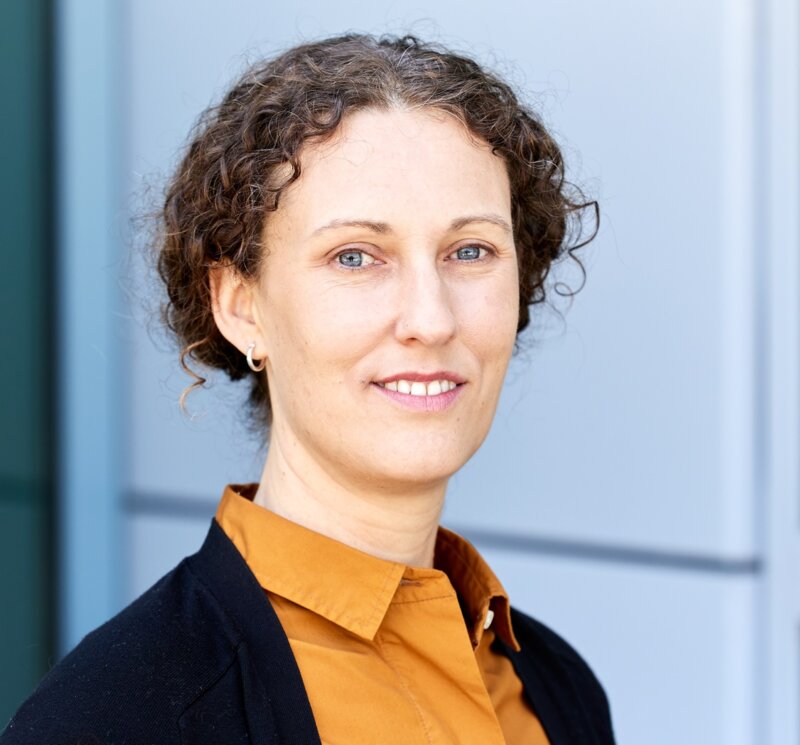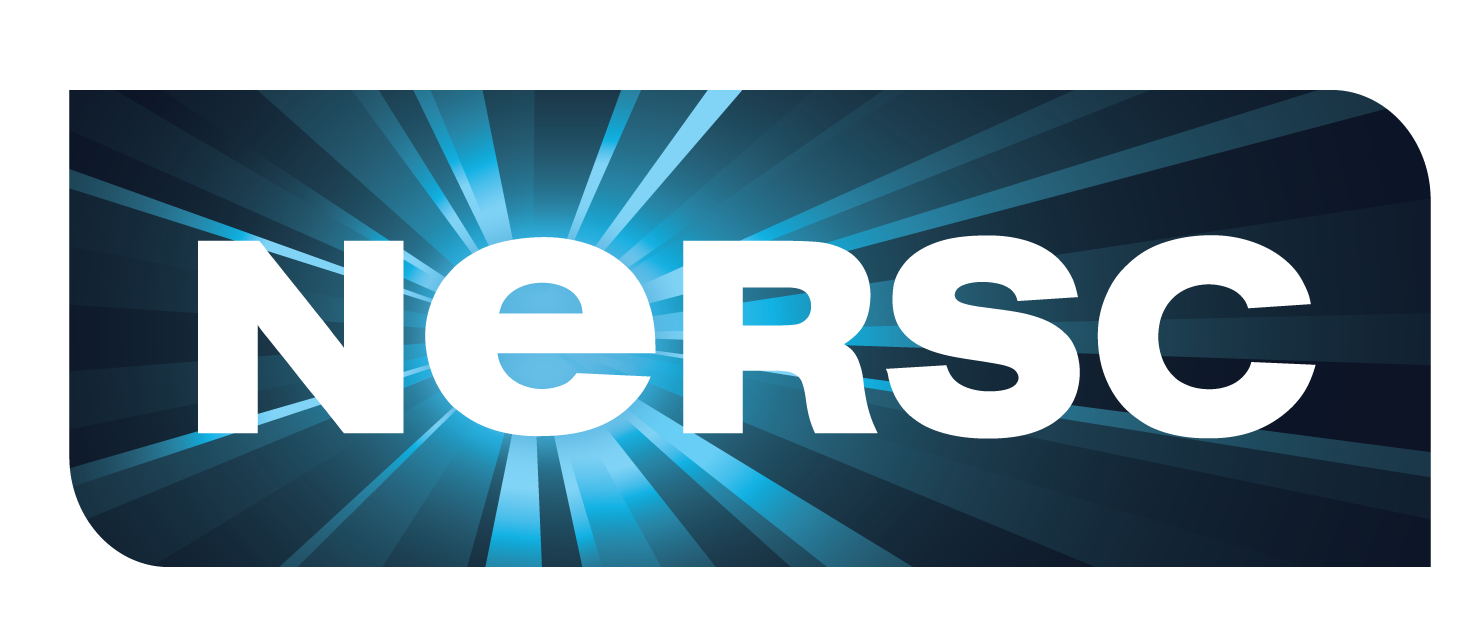Architecting the NERSC "Doudna" system for complex workflows
Debbie Bard (NERSC)
August 13, 2025
11:00-12:00 PST / 14:00-15:00 EST / 20:00-21:00 CEST
Scientific workflows are becoming increasingly complex, which places new demands on HPC infrastructure. At the National Energy Research Scientific Computing center (NERSC), we are designing the next generation of supercomputers to support workflows combining data movement and analysis, AI and large-scale simulations. In this talk, I will describe the complex HPC workflows that are driving the design of NERSC's next system, "Doudna". I will discuss how scientists are using our systems today and how we expect that to change in the future - including workflows that fit in the Integrated Research Infrastructure (IRI) model - and how this translates to technical innovations for Doudna.
Presentation



